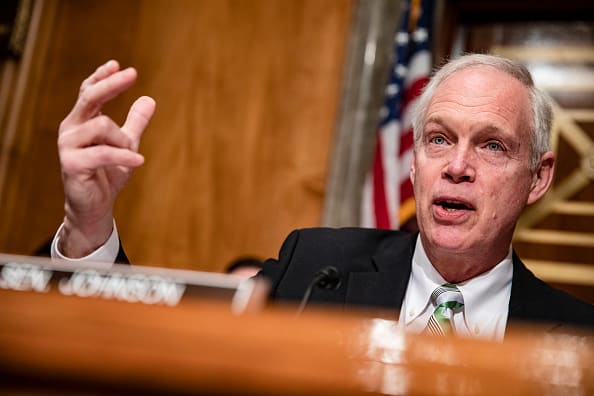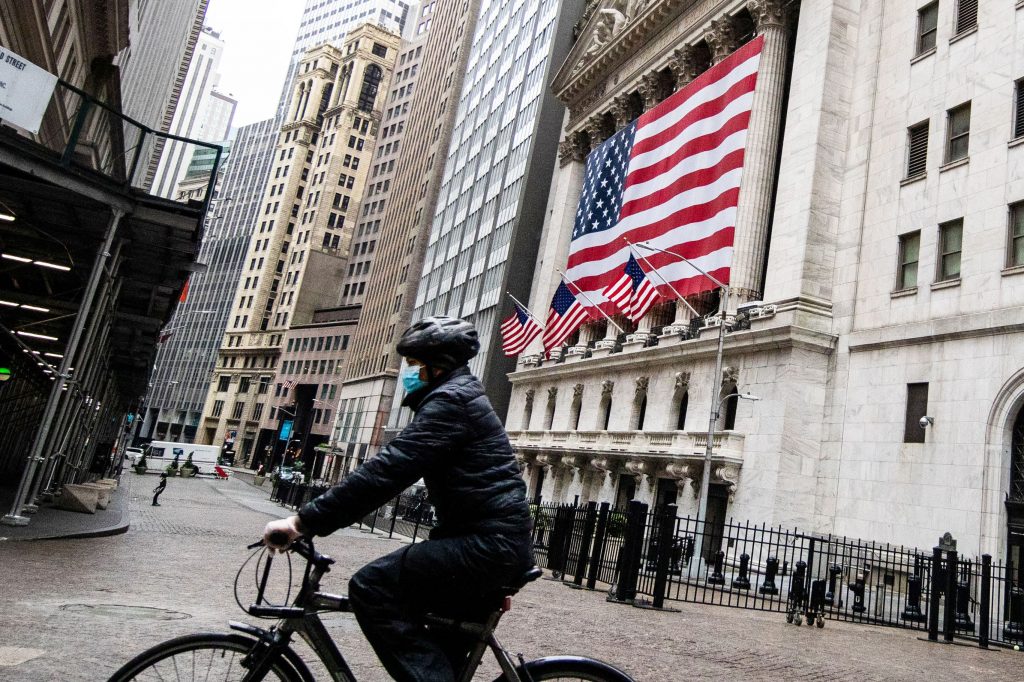
Chairman Ron Johnson (R-WI) speaks at the start of a Senate Homeland Security Committee hearing on the government’s response to the novel coronavirus (COVID-19) outbreak on March 5, 2020 in Washington, DC.
Samuel Corum | Getty Images
Sen. Ron Johnson on Wednesday blocked a Democratic effort to unanimously approve a bill to give small businesses more flexibility in how they spend federal loans given as part of a coronavirus aid program.
Senate Minority Leader Chuck Schumer, D-N.Y., tried to push the House-passed legislation through by unanimous consent Wednesday afternoon. Any one senator can stop such a request. Johnson, a Wisconsin Republican, blocked the measure.
The senator, who wants the small business loan system known as the Paycheck Protection Program to expire in August rather than December, said he was “going to object until we get [changes] hammered out.” Johnson said he still hopes the bill can pass later Wednesday or Thursday.
Schumer contended that the Senate risks “too much delay” if it amends the bill and then has to go to a conference committee with the House to hash out final legislation. The House passed the proposal by a 417-1 margin last week.
The legislation would make several changes to the PPP, which aims to help small businesses keep employees on payroll after public health measures designed to curb the pandemic forced them to shutter. Congress created it as part of the $2 trillion rescue package passed in March, and it includes stipulations for how companies can spend money and still get loan forgiveness.
Under the proposal, small businesses would have to spend 60% of the loan money on payroll instead of the previous 75%. They could use the funds for six months, a change from two months.
The proposal would extend a June 30 deadline to rehire workers. It would also push back the timeline for repaying loans, and allow companies that get loan forgiveness to defer payroll taxes.
The House passed the bill nearly unanimously last week as Democrats and Republicans failed to reach agreement on how to structure the next steps to boost an economy devastated by the pandemic.
Congress put $350 billion into the small business loan program at first, but the money quickly ran out during a rocky start to the process marked by complaints about wealthier bank clients getting assistance more quickly. Lawmakers then injected another $310 billion into the PPP, with $60 billion devoted to small lenders.

